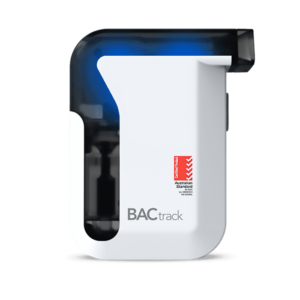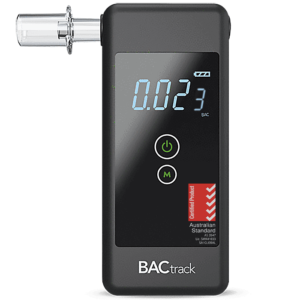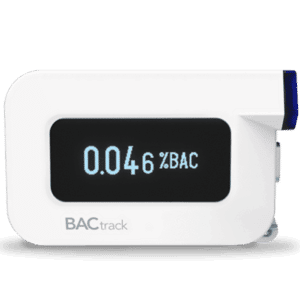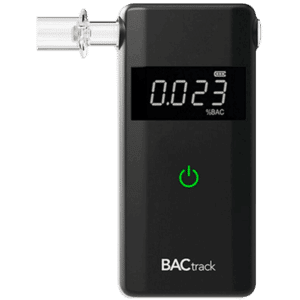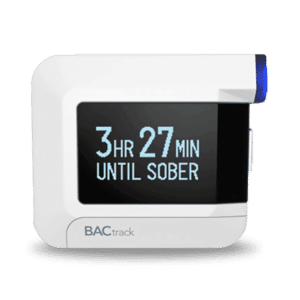Random Drug Testing in the Workplace: The Need to Know
27 February, 2024

Illicit drug use is detrimental to health and productivity. Thus, companies administer workplace drug testing. They do it for various reasons. One of these is for random drug testing in the workplace. It screens employees for substance use without warning or suspicion. However, employees and employers must recognise the legal considerations to prevent potential issues or disputes. For instance, workers must cooperate with the testing process as a condition of their employment. Meanwhile, businesses must conduct drug screening fairly.
The Australian government prohibits people from using illegal drugs because of their safety risks. Moreover, authorities can consider misusing prescription medications as illicit since they can impair senses and abilities. Fortunately, establishing a company policy that includes random testing can help prevent drug-related incidents in the workplace. To learn more about this type of drug testing, the following sections will present random tests, including the legal considerations and the development of an effective policy.
What is Random Drug Testing in the Workplace?
Random drug testing in the workplace is a procedure where employees are selected at random to test their biological samples for the presence of drugs. Various testing options can also screen for alcohol intake. Organisations often do random tests to deter workers from using drugs or alcohol on the job. Moreover, it maintains a healthy and productive workplace.
The random drug testing involves using a computer program or a random number generator to select employees. This ensures that workers are chosen without any bias or discrimination. Once the system chooses individuals, management typically notifies and requires them to report to a designated testing facility within a specific timeframe. They may undergo urine tests, blood analysis, saliva tests, hair follicle screens, or breath tests.
Accredited testing providers typically keep the results confidential. They only share the outcomes with the employer. If an employee receives a non-negative and a positive drug result, they may face disciplinary action. Companies may suspend the workers. Also, they may terminate those who have safety-critical positions because their impairment could pose a risk to themselves, their colleagues, or the public.
Importance of Random Testing
- Ensures a safe work environment: Random drug tests help prevent accidents and injuries in the workplace because employees under the influence are more likely to cause harm to themselves and others.
- Deters drug use: Knowing that they could be tested at any time, workers are less likely to engage in substance use. This leads to a healthier and more productive workforce.
- Promotes fairness and accountability: Testing creates a level playing field for all employees since it eliminates favouritism or discrimination in the testing process.
- Protects company reputation: Customers, investors, and the public view substance-free workplaces more favourably. Subsequently, this enhances the credibility of organisations.

Legal Considerations for Random Drug Testing in the Workplace
Random drug testing in the workplace is a practice that raises various legal considerations. According to safety laws, employees must be able to perform their job duties safely and efficiently. Hence, they should comply with the workplace policy regarding random screening. Meanwhile, employers must ensure the procedures for specimen collection are fair and unbiased. Also, they should obey applicable state and federal laws.
Drug testing at work can potentially infringe on privacy rights. Therefore, businesses must establish and communicate clear guidelines regarding when, how, and under what circumstances they will conduct a drug screen. These include specifying the types of tests and the protocols for handling and documenting the results. Employers need to ascertain that drug testing is conducted non-invasively and respectfully.
Businesses should consult legal counsel to mitigate the risks associated with random drug testing. They must stay updated on the laws and regulations surrounding drug testing in their specific industry and location. For instance, they should understand the rights of employees, such as the right to refuse a drug test or request additional testing if they believe the results are inaccurate.
Employee Rights and Employer Obligations
Employees have the right to privacy and protection against unreasonable searches and seizures, including random drug testing. Companies must ensure a safe workplace. Thus, they can implement drug testing policies. However, businesses must apply them fairly and consistently. Also, workers should be informed of their rights and the testing process.
The government obligates employers to follow federal and state laws regarding random drug testing. For instance, they must obtain informed consent and maintain confidentiality of test results. Employees have the right to challenge and dispute test results. Then, organisations must provide a fair process for resolving disputes.

Developing an Effective Policy for Random Drug Testing in the Workplace
Developing an effective policy for random drug testing in the workplace is crucial. Implementing clear and well-communicated policies can ensure employees understand the consequences of illicit substance use at work. It should outline the drug test procedures and the consequences of a positive result. Moreover, it should emphasise the support and resources available for workers struggling with substance abuse.
An effective policy for random drug testing should prioritise fairness and transparency. It is necessary to establish clear guidelines for the selection process to mitigate any potential bias or discrimination. Employers should hold a meeting or discussion where they explain the essential components of the policy to all employees. As a result, this helps create a culture of openness and understanding among workers.
Furthermore, businesses should regularly review and update their policy to align with changing laws and regulations. This can ensure the success of a random drug testing policy. Continuously assessing its effectiveness and making adjustments as necessary is crucial. Maintaining an open line of communication with employees and seeking their input can also help refine the policy.
Testing Procedures
The testing procedures for a random drug test typically involve medical providers asking individuals to provide a biological sample in a controlled environment using different testing methods. They can detect abuse in urine, saliva, blood, hair, and breath specimens. After the collection process, technicians seal the samples and send them for laboratory analysis.
The lab will screen the sample for various drugs like marijuana, cocaine, and amphetamines. Counter medications and ethanol are also detectable. Providers utilise a combination of techniques, such as immunoassay testing and gas chromatography-mass spectrometry. Afterwards, a qualified medical professional reviews the reports to ensure accuracy.
Conclusion
Random drug testing in the workplace is a type of testing companies conduct without prior notice or warning to employees. This helps deter individuals from using illegal drugs or abusing prescription medications while at work. Also, it can prevent safety incidents because impaired workers are more likely to cause accidents or make errors on the job. While employers have the right to implement drug testing policies, they must consider legal implications such as privacy rights and discrimination.
Developing an effective policy involves clear communication and continuous assessment. Organisations need to strike a balance between maintaining a drug-free workplace and respecting the rights of their employees. Thus, they should establish policies with careful planning and consideration of legal and ethical implications. Ultimately, the goal is to create a work environment that is both safe and supportive. This will help workers make positive choices for their health and well-being.


















